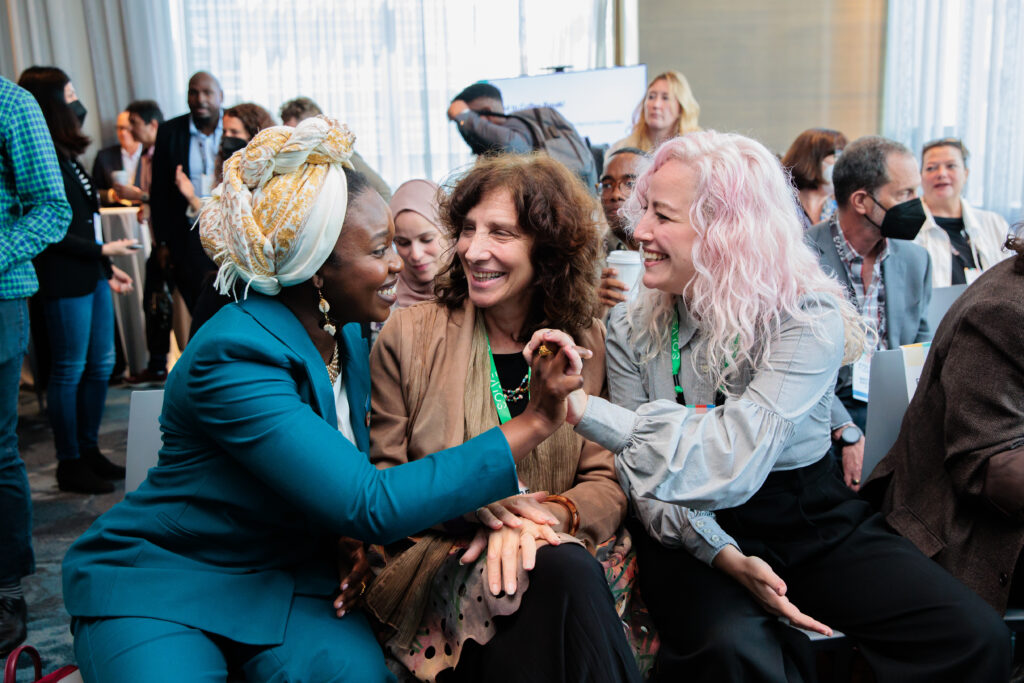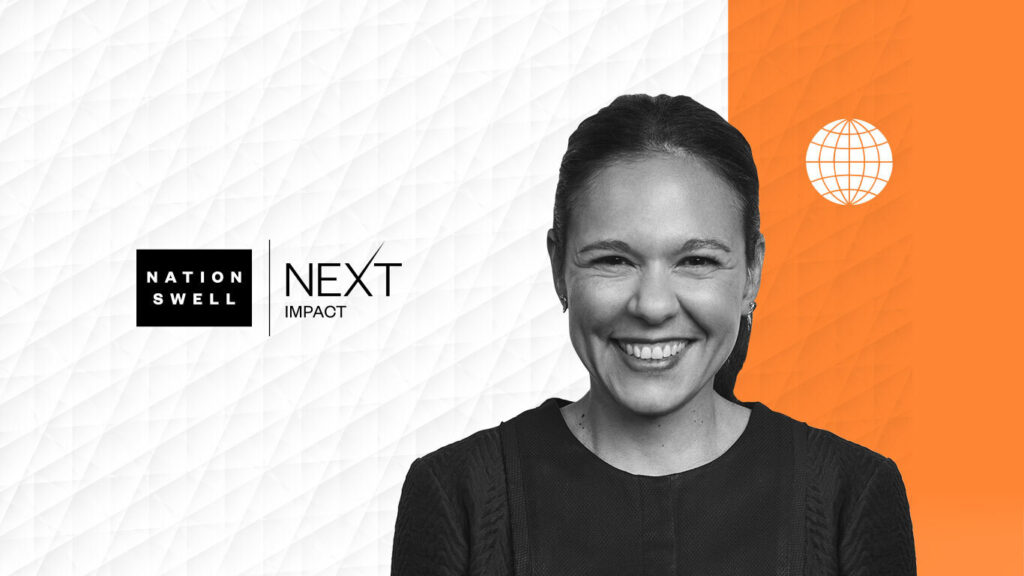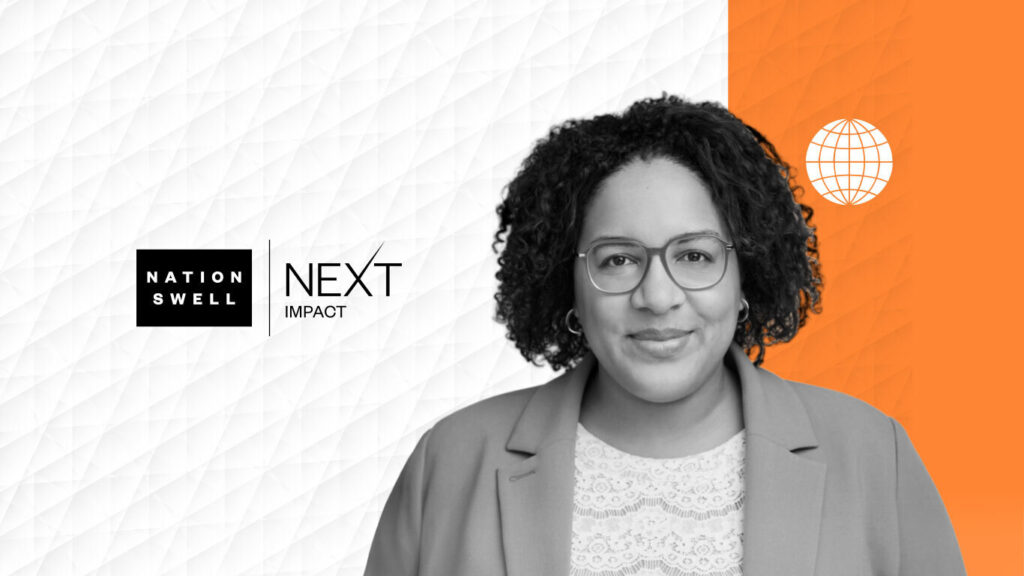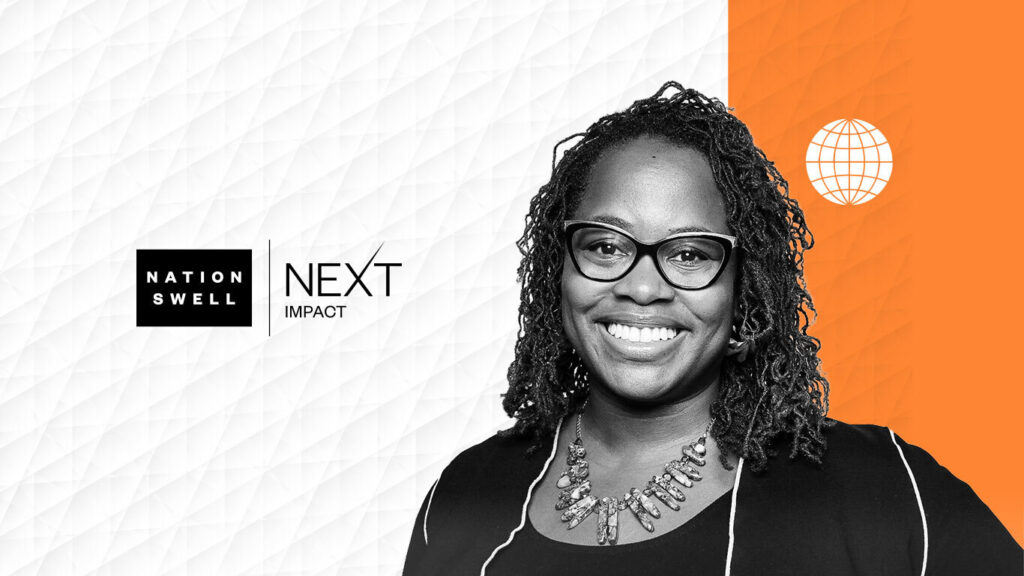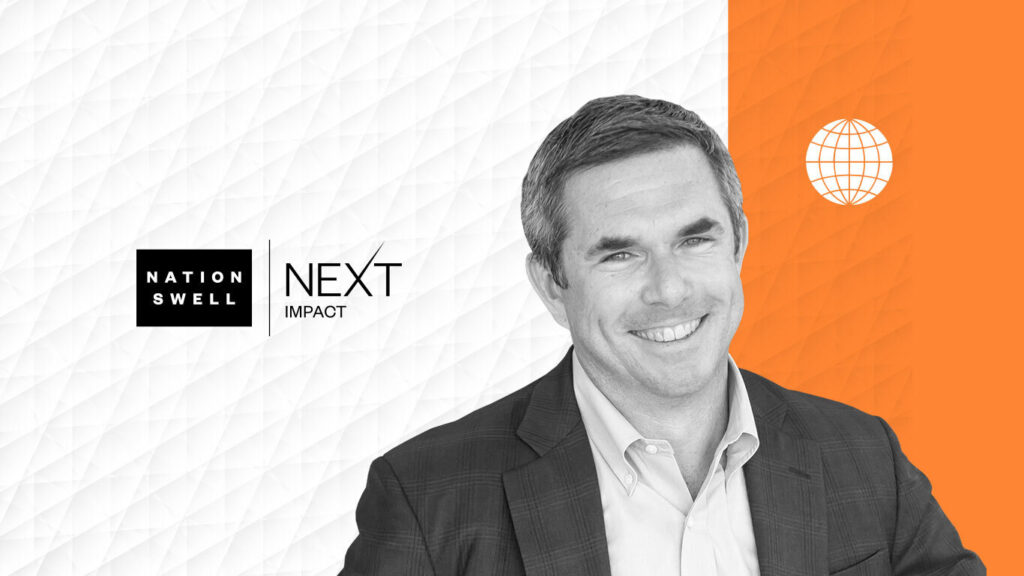Stories that
drive change

Featured Series
Our Impact Next series profiles the investors, executives, authors, philanthropists, and social sector leaders who are shaping business as a force for good.




























































